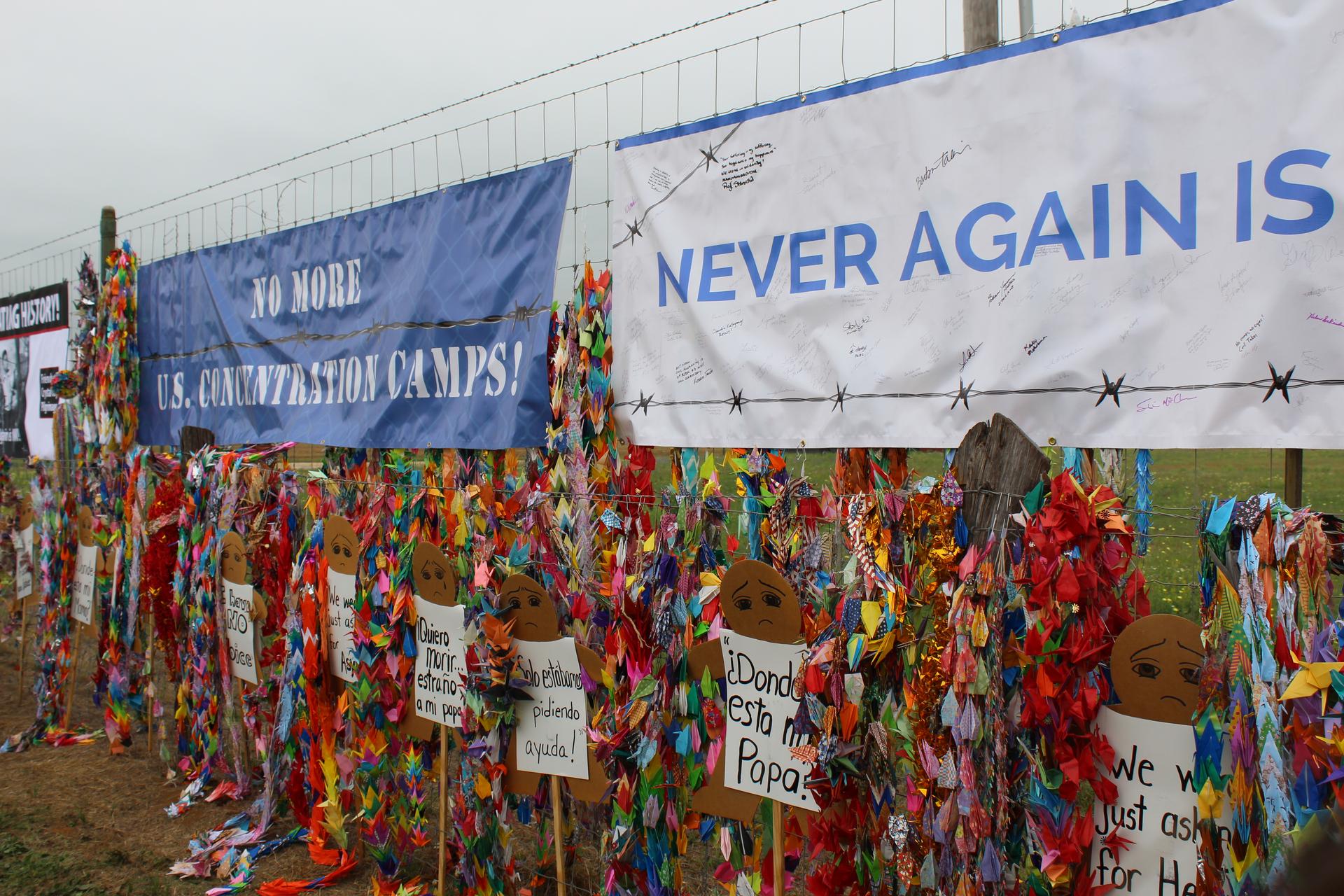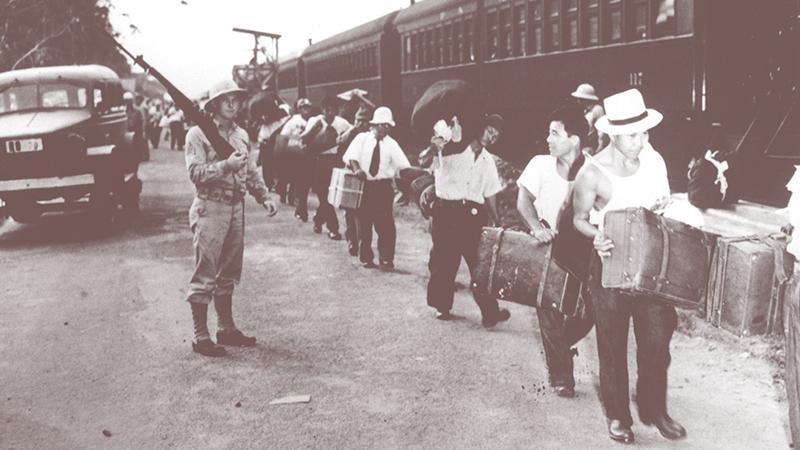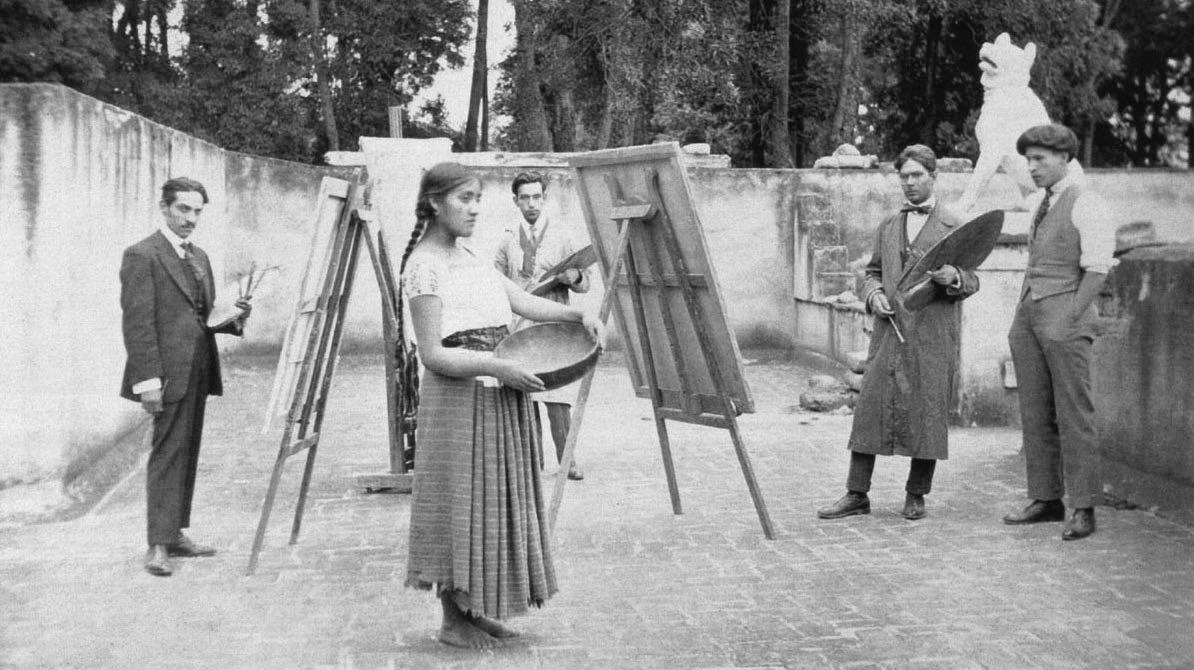Natasha Varner
DenshoNatasha Varner, PhD is a Seattle-based historian and writer whose work explores the intersections of race, gender, identity, and representation in the US and Latin America. She is the Communications and Public Engagement Director for the Japanese American history non-profit, Densho.
Natasha Varner, PhD is a Seattle-based historian and writer whose work explores the intersections of race, gender, identity, and representation in the US and Latin America. She is the Communications and Public Engagement Director for the Japanese American history non-profit, Densho.
How Japanese and Mexican American farm workers formed an alliance that made history
Farm workers of Japanese and Mexican heritage created a multilingual and multiracial coalition to fight for fair wages. The organization had a short life, but it stands as a powerful example of interracial solidarity in the history of labor relations.Farm workers of Japanese and Mexican heritage created a multilingual and multiracial coalition to fight for fair wages. The organization had a short life, but it stands as a powerful example of interracial solidarity in the history of labor relations.


